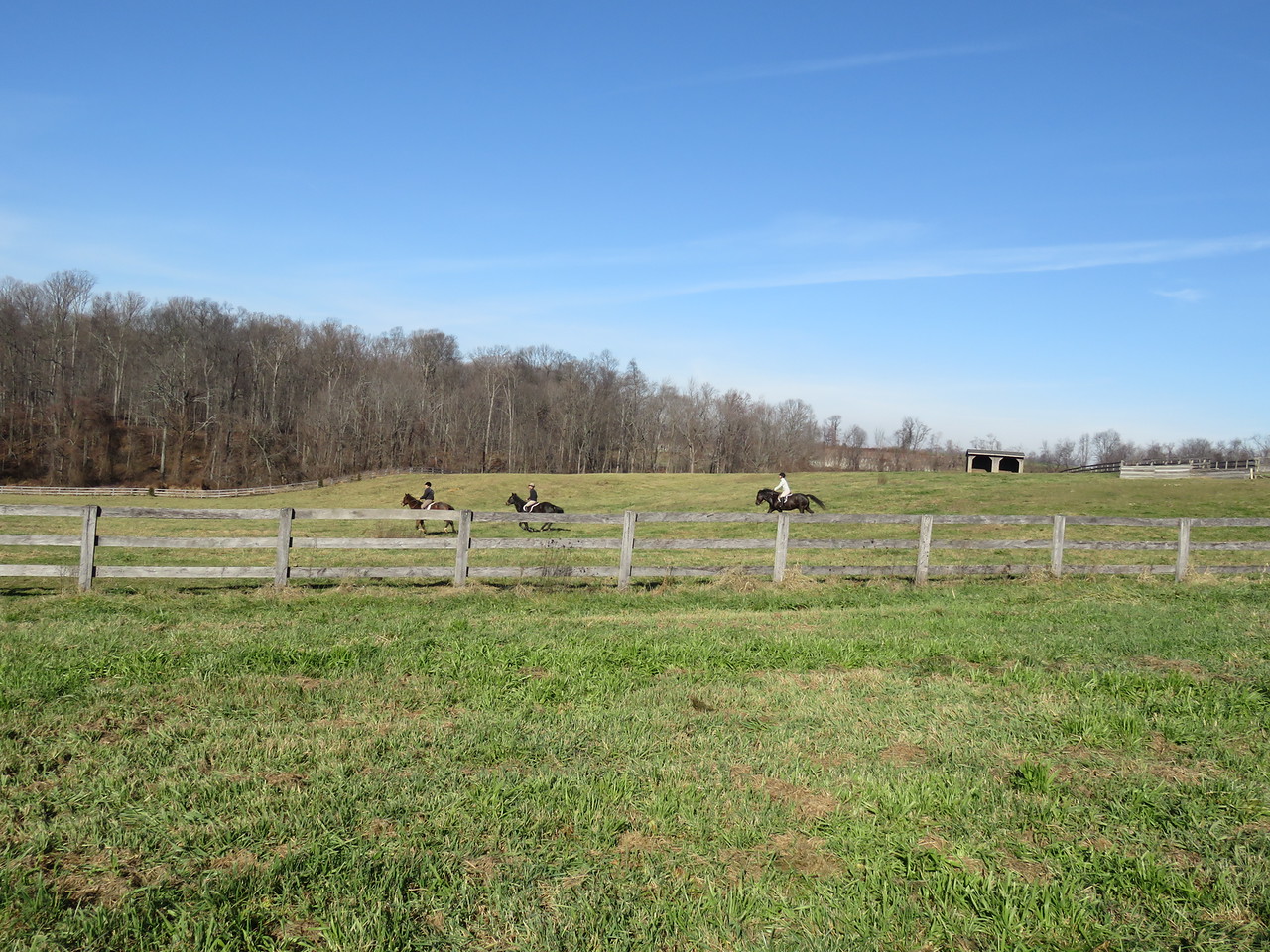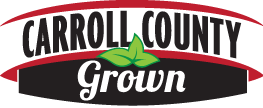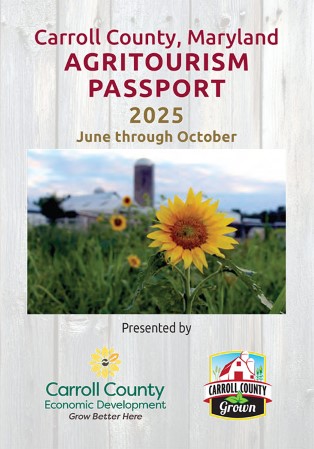
Rural Energy For America Program in Carroll County
November 24, 2015
Life Lessons From A Horse
January 5, 2016Winterizing Your Chicken Coop

It has been a strangely mild fall and winter here in Carroll County; however, the chill and precipitation more commonly associated with a Mid-Atlantic winters is bound to occur sooner rather than later. Has the warmer than normal temperatures lured you into a sense of false security? Are your chicken coops and flocks ready for the approaching colder temperatures? Here are some tips to keep your chicken coops toasty and your birds comfortable through the winter:
- Inspect the outside of the chicken house; a chicken coop that is in good condition will help seal out moisture and drafts that cause birds discomfort and facilitate illness. Check the roof for leaks, caulk windows to prevent drafts, nail down any loose boards, replace missing shingles, make sure doors and windows latch firmly, and make any other necessary external repairs. This also helps prevent pests and predators from gaining access to the coop
- Properly insulate the coop. An insulated coop should help minimize drafts without eliminating proper airflow through the chicken house. Proper airflow is necessary to maintain chicken health. Improper airflow can cause a life-threatening buildup of ammonia gases so make sure your coop has proper ventilation for the winter
- Clean and remove all damp or soiled bedding and replace it with a new, thick layer of bedding
- Clean and re-bed nesting boxes and other ‘furniture’ in the chicken coop
- If your chicken house has electricity or you plan on running electricity to the coop inspect all wiring for wear or damage and make all necessary repairs. Please be sure that all wiring and electrical equipment is not within reach of the chickens.
- Be prepared for the increased energy need of chickens during the winter by having additional feed on hand; monitor the birds’ body condition for signs that increased feeding is necessary. Stockpile feedstuffs in the event that emergency winter weather makes it impossible to get to the feed store or mill.
- Maintain access to clean water throughout the winter. Freezing temperatures can be a headache for flock owners; diligently check water for freezing and replace when necessary. Tank heaters are available to keep water from freezing during the winter. Please see #5 for tips on electrical safety in chicken coops.


